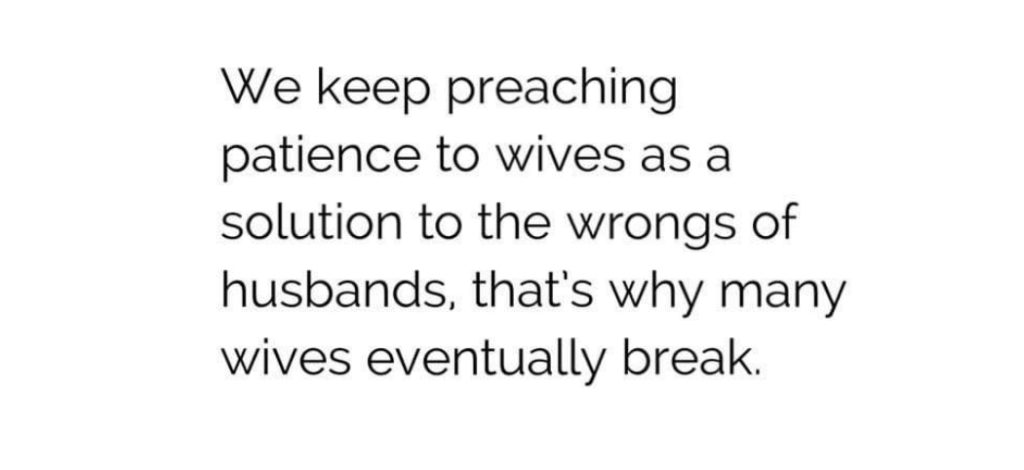In many homes, domestic helpers become an integral part of the family’s daily rhythm. They cook, clean, care for children, and keep things running smoothly. But beyond the duties and tasks lies a human being with thoughts, emotions, and needs — someone deserving of dignity and mutual respect.
Understanding the Human Behind the Help
It’s easy to see a domestic worker only through the lens of her job — as someone paid to serve. But just like everyone else, she carries emotional and physical burdens. Though her role often demands strength and composure, she too gets tired, feels pain, and craves appreciation. Recognizing her humanity is the first step in building a healthier and more compassionate relationship.
Motivation Through Kindness, Not Fear
Many helpers do their best not out of obligation, but because they genuinely care. And while fair pay is essential, the real difference often comes from how they are treated. Respect, encouragement, and kindness go further than constant criticism ever could. A little motivation — a kind word, a sincere thank you, or even just acknowledging their effort — can lift their spirits and inspire excellence.
Set Boundaries, But Make Them Fair
Conflict can arise when clear boundaries aren’t established or when domestic helpers are caught in the middle of marital disagreements. Helpers should never be used as tools in arguments, nor placed in situations where they must choose sides. Agreeing as a couple on appropriate work areas, attire, and household expectations helps avoid confusion and emotional distress. Fair, unified boundaries make everyone more comfortable.
Parenting with Empathy
Domestic workers often interact closely with children, sometimes even helping raise them. It’s crucial to ensure that children treat them with respect. Tolerating or encouraging bad behavior toward them teaches children the wrong lessons and fosters a toxic home environment. Discipline and empathy must extend to how children are taught to treat all adults, including helpers.
Criticism Shouldn’t Crush the Spirit
Public insults, constant reprimands, or physical punishment have no place in any home. These acts are not only abusive but dehumanizing. A helper who feels safe and supported will be more productive and loyal. If mistakes are made, correct them with compassion, not cruelty. Encouragement inspires growth; fear only breeds resentment.
Empowerment is the Ultimate Gift
Not all helpers had the privilege of formal education or vocational training. For those who can, investing in their future — through education, skill development, or moral support — is a powerful way to uplift another human being. It’s a lasting legacy that goes beyond housework; it’s a blessing that ripples outward.
A Call for Mutual Humanity
While the roles may differ — employer and employee — both parties are human. Helpers, too, understand that employers face their own struggles. The hope is simply that employers will acknowledge the same in return.
When direct words feel too dangerous, messages like this speak from a place of quiet courage. May it serve as a reminder that kindness, respect, and dignity are not just extras in a working relationship — they are the foundation.


















